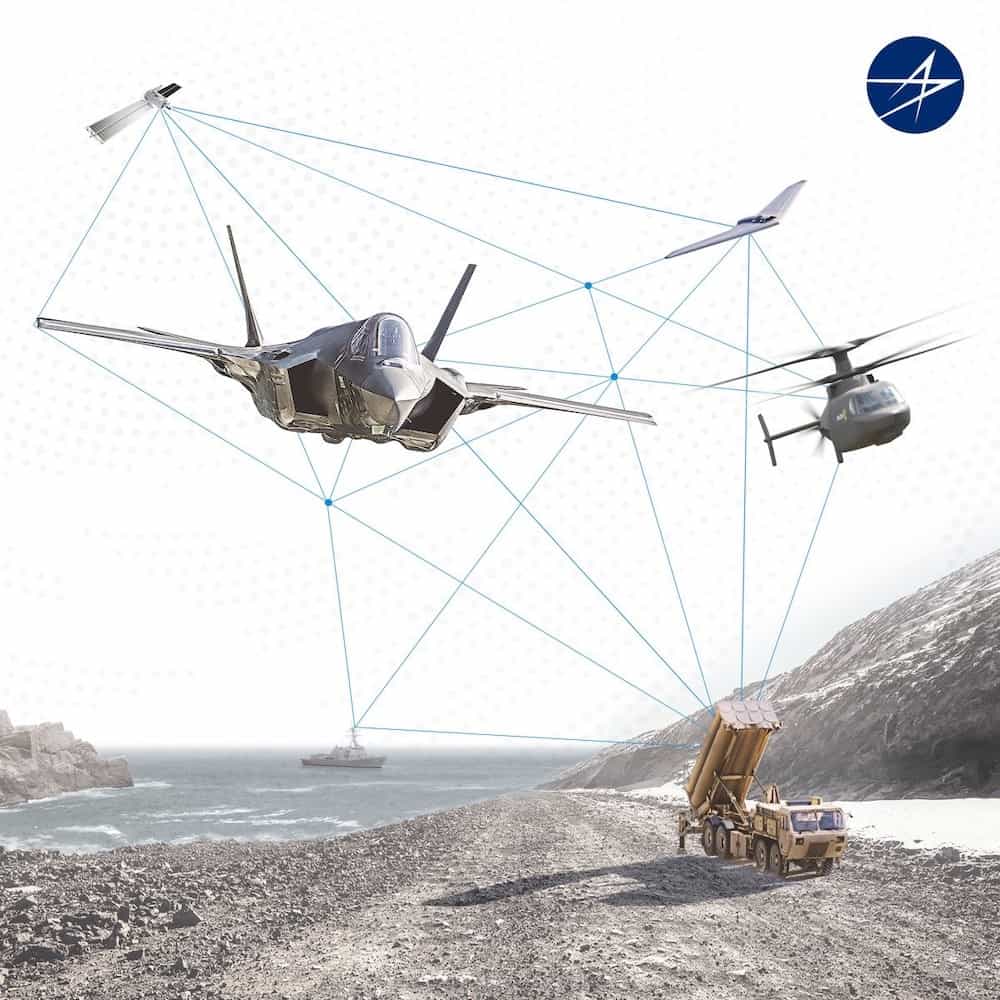
Lockheed Martin has been awarded a $19.3 million Prototype Project Agreement (PPA) to create a 5G communications network infrastructure testbed for expeditionary operations experimentation for the Office of the Under Secretary of Defense for Research and Engineering (OUSD R&E) and the U.S. Marine Corps.
The testbed, known as Open Systems Interoperable and Reconfigurable Infrastructure Solution (OSIRIS), is a key initiative of Lockheed Martin’s 5G.MIL programs which are positioned to help its customers field, scale and integrate 5G technology rapidly and affordably across all operations on land, water, in air, space and cyber.
“OSIRIS will serve as a critical proof point of Lockheed Martin’s 5G.MIL capabilities,” says Deon Viergutz, vice president, Lockheed Martin Spectrum Convergence. “We are integrating the technical capabilities of 5G waveforms, software and hardware with higher bandwidth and low-latency data rates into our defense products to enhance their performance for our warfighters. We want to ensure that warfighters operating in communications contested and denied environments have resilient access to data to perform their missions anywhere in the world.”
The OSIRIS program will help address the need for test facilities that enable rapid experimentation and dual-use application prototyping. The testbed will identify areas for further compatibility between 5G network and U.S. Department of Defense (DoD) platforms that will enhance customer capabilities.
The infrastructure will also allow for the connection of various 5G-ready user devices, sensors, vehicles and endpoints to explore the military utility of commercial 5G technologies and pave the way for onboarding of new technologies from other OUSD investments while addressing cybersecurity requirements. This capability will further enable and advance DoD’s Joint All Domain Operations concept.
Teams from Lockheed Martin, along with subcontractors DISH Wireless, Intel Corporation, Radisys Corporation and Rampart Communications, Inc., will create the 5G network testbed infrastructure at U.S. Marine Corps Base Camp Pendleton. The period of performance will begin immediately and conclude in September 2024.












